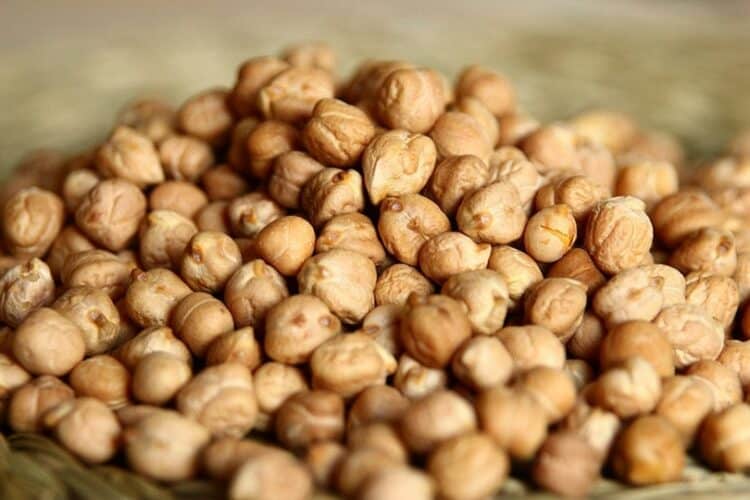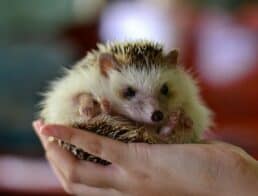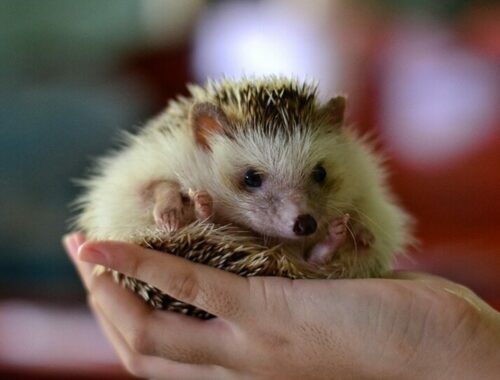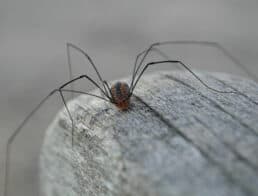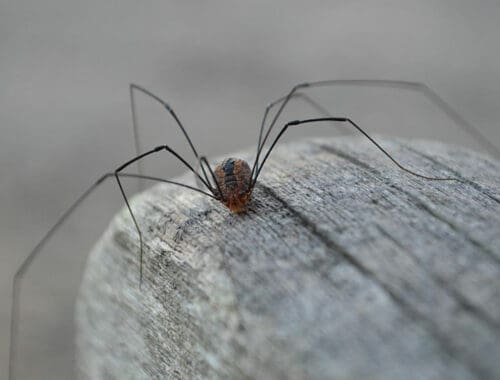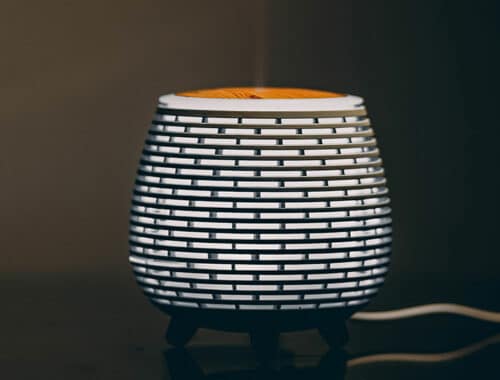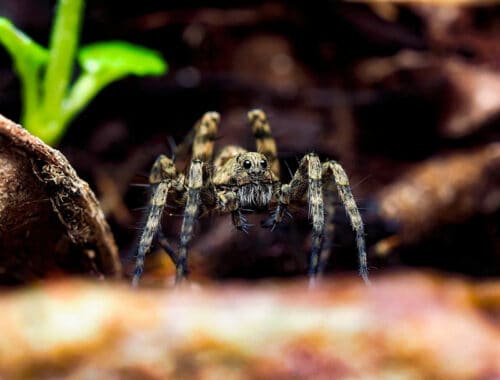Chickpeas are a popular replacement for animal proteins in human diets. These fibrous, little legumes pack high amounts of fiber and protein, making them ideal for many plant-based diets. However, they don’t represent a replacement for animal proteins in a dog’s diet. They also shouldn’t be used to replace grain ingredients in a dog’s diet.
Chickpeas for Dogs: Are They Healthy?
In moderation, chickpeas can be very healthy for dogs. Chickpeas can provide the essential fiber to help your dog feel fuller faster and stay full longer. They’re also packed to the gills with protein that your dog needs to be healthy. However, they are not a replacement for animal protein in your dog’s diet.
Can Dogs Eat Hummus?
Your dog should not be fed hummus. Hummus recipes contain spices and preservatives that are not concurrent with the appropriate diet for dogs. In the case of store-bought hummus, these include even more preservatives and sauces that your dog should not have.
Chickpea Flour: Is It Good for Dogs?
Chickpea flour is not inherently dangerous for dogs, but constantly feeding your dog foods made with chickpea flour can have serious long-term health consequences. Chickpea flour is often used to substitute grain flour in grain-free foods. This substitution has been linked to dogs’ long-term health issues.
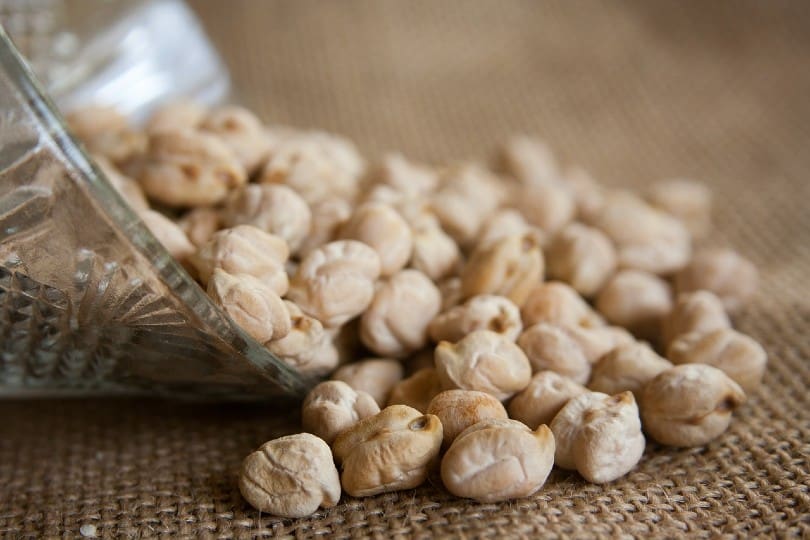
Grain-Free Foods and Non-Hereditary Dilated Cardiomyopathy in Dogs
Dilated cardiomyopathy is a condition where the tissues of the heart enlarge, causing the thinning of the heart’s muscles and a weakened ability of the heart to pump blood through the body. This condition can be caused by hereditary factors—a genetic predisposition to the disease—or it can be non-hereditary. In non-hereditary cases, the condition’s cause is not always clear to veterinarians.
Veterinarians everywhere are warning dog owners against following the trend of feeding their dogs grain-free diets. Since the uptick of grain-free dog food as a fad, veterinarians have seen a severe increase in dilated cardiomyopathy in dogs, prompting an investigation by the FDA into this fad diet for dogs.
Since the beginning of the investigation into grain-free food and its long-term health effects on dogs, the FDA has released a series of reports that indicated that a large percentage of the dogs afflicted with dilated cardiomyopathy were fed grain-free diets, as much as 91% in some words.
It’s essential to recognize that these case studies focused on non-hereditary dilated cardiomyopathy, meaning that the dogs in these cases did not have a genetic predisposition to developing dilated cardiomyopathy.
Dilated cardiomyopathy can occur in cats and dogs, but there is a clear link between dilated cardiomyopathy and the lack of the amino acid taurine in cats. There was no nutritional link to DCM in dogs until they investigated grain-free diets, which are very common in dogs who experience non-hereditary DCM.
Is Grain-Free Food to Blame?
It’s hard to say. While the evidence shows an apparent link between the grain-free diet in dogs and DCM, correlation is not causation. Still, a correlation of 91% in some cases is a compelling reason not to switch your dogs to a grain-free diet.
In the past, a link between the breed size of a dog and a predisposition to DCM was found; large breeds tend to have more incidence of dilated cardiomyopathy than small breeds. However, the uptick of DCM in dogs has affected all breeds and sizes and is linked to the grain-free diet.
Since low taurine was indicated as a cause of DCM in cats, researchers looked at a potential link between low taurine levels and DCM in dogs. While low taurine levels were found in just under half of the tested dogs, this is a relatively inconclusive result compared to the 91% link between the grain-free diet and DCM.
Conclusion
It’s hard to say when your dog looks at you for a bite of your food, but you should be careful what you feed your dog since not all foods are appropriate for them. Chickpeas can be good for your dog in moderation, but they aren’t a replacement for animal proteins or grains in their diet and trying to replace these critical nutrients could have serious consequences.
Featured Image Credit: Pixabay
